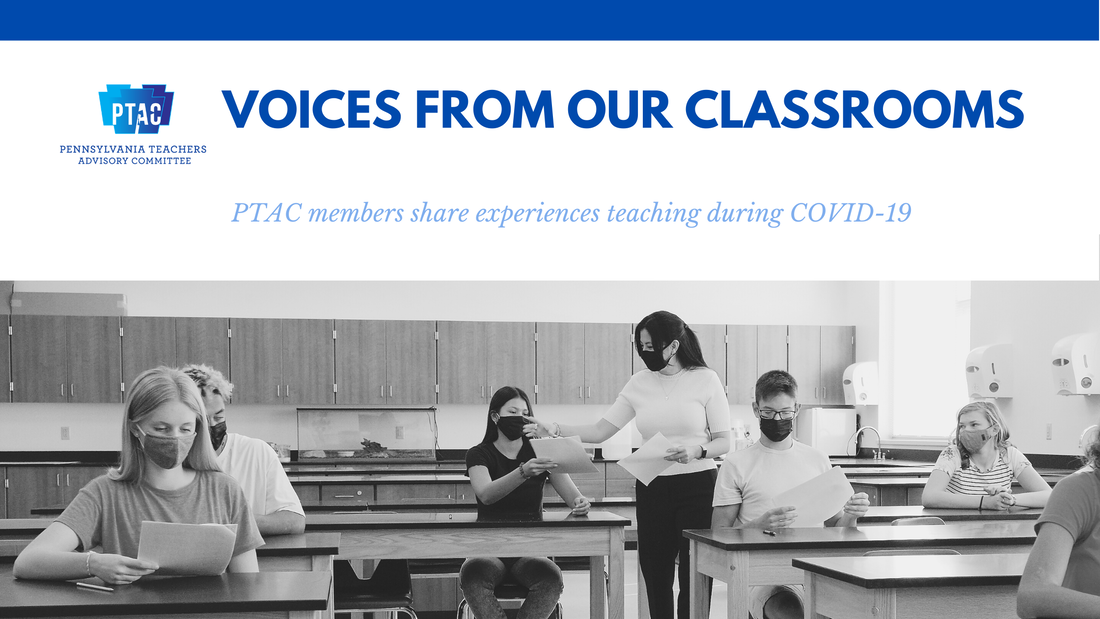BLOG POST BY PTAC MEMBER BJ ENZWEILER I write this blog post on Jan 7, 2021, a day after the protest, insurrection, sedition, attempted coup, or whatever you want to call it. Like many Americans, I was appalled by what I was seeing at our national capitol building. In a desperate attempt to understand, I flipped through different news sources on an almost minute-by-minute basis. Three screens, my phone, and my two computer monitors all showed news sources until I couldn’t take it anymore; sulking, I crossed the street to Rite Aid to buy a whole box of Tastykake Chocolate Bells. I needed to consume sugar to try and sweeten an incredibly bitter day. Now, a day later - with more hours of news and chocolate bells devoured - I’ve given myself some time to reflect on what has happened and what it means for me as an educator. This is an educators’ blog after all. I want to understand the cause of what happened on January 6th in Washington DC. The first assumption my brain jumps to is that we need more critical thinking in this country. This idea has been tossed around so much that it has almost become axiomatic. But, I must pause and think about my own experience and what I know of the teachers I have met. All of the teachers I have known in my decade of experience have tried to push for critical thinking in their classrooms through their own disciplines. We have used projects, Socratic seminars, and debates to push our students to see the world more broadly. We all know about the necessity for critical thinking in all classrooms, and we have known this for decades. To say that the current and former students of the United States schools have not had critical thinking training is reductionist. We should not discount the efforts of our fellow teachers across the nation. Many of us have pushed our students to take different perspectives and know that our students are thinking critically. There are definitely other root causes of the events of January 6th. I think one of the more important causes is tribalism. This is blind loyalty people are expressing to demographics, religion, and political affiliation. With the rise of the internet, social media, and more politically focused news sources, we are able to choose our social groups and information. As such, political discourse has more easily turned into echo chambers that inflame the rages of sedition. Tribalism comes from a deep human desire for belonging. We must remember that we humans are still animals; we are social creatures with a basic need for connection. The tribalism of the 2010s and on comes from the community building that humans will always do. Tribalism appeals to our base nature and can circumvent our critical thinking when we are angry, hurt, and vulnerable. So what do educators need to do? When people feel underappreciated and unheard, rabid tribalism can emerge. Therefore, we should recognize our human need for connection and listen to all of our students’ pain and perspectives. We need to continue to teach perspective-taking and critical thinking, but something else must be present too: compassion. Always recognize the humanity and pain behind the rage. In our classrooms, we should not ignore whatever crazy news is going to happen in 2021. Instead, we must talk about it with our students. No, we don’t all teach current events, but showing our humanity is a slow but positive step towards anti-tribalism. With all of the directives and paperwork, this can seem like another thing that has to be added on to the workload. Compassion is not more work; instead, it is a methodology. We should inject empathy into all interactions we have with our students. Let’s not allow anybody to feel so sidelined that they turn to rabid echo chambers online or elsewhere. We should hear our student’s views to make our classrooms safe and stable spaces. Let’s be available, and let’s be kind. And, maybe have a few more emergency Tastykakes stashed away somewhere.
0 Comments
Your comment will be posted after it is approved.
Leave a Reply. |
AuthorPennsylvania Teachers Advisory Committee Archives
March 2022
Categories |


 RSS Feed
RSS Feed